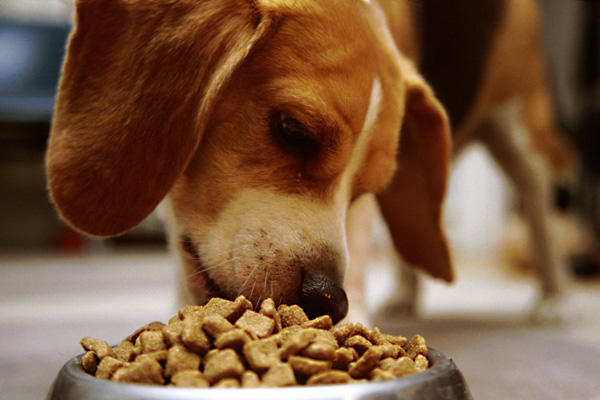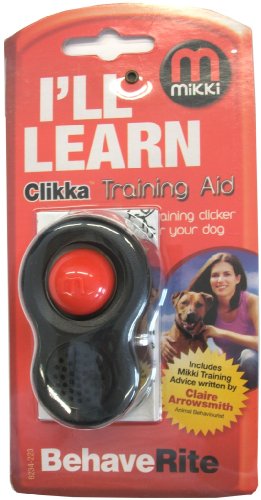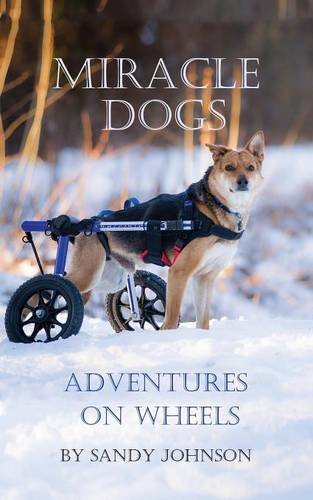
The growing period of a puppy could be a time of big destructiveness when you allow it to be. A normal pup is playful and curious; his jaw power is quickly increasing; his gums and teeth are being less sensitive and he is zealous to try them out on everything. Bring to this the fact that a puppy doesn't know right from wrong, and you've got on your hands an animal capable of causing considerable damage.

Each dog can produce bad habits. The significant thing isn't to penalize him for these but, rather, to instruct the dog what he could and could not do. Dogs learn directions and corrective words the like children learn to count or to recite the alphabet: by repetition until they are set in the memory. Some dogs learn more rapidly than others, but each dog can sooner or later learn basic commands and the significance of the word "No!"
Approval and disapproval of dog habits are established by tone of voice. The higher-pitched, supportive "Good Dog!" or "Okay!" and other words of praise entail approval. A dog's name is constantly spoken with affection and enthusiasm, as well, never unsympathetic or together with discipline. The lower-pitched, definite "No!" means correction. "No!" is the sole negative word you should say to your dog. All disciplinary actions should be firm, but kind; firm since the puppy feels greater security when controlled; kind since you do not want to destroy his confidence. Dogs prosper on praise and stop, surprised, when scolded.
Imagine finding your dog blissfully gnawing off on the table leg. Bring one of his toys promptly, maybe a rawhide bone. Drag him away from the table using a quick jerk of his collar as you scold "No!" Your tone will let him know precisely how displeased you are. Give him his bone. Praise him as he gets it. Then watch him. When he comes back to the table, order "No!" once more, and detain him to his crate and leave him alone. Eventually, he would understand that he could chew certain things but not others.
Much of the trouble in teaching lessons in good dog behavior is induced by enticements that you unconsciously leave in the dog's path. Occasionally you make it hard for the dog by not using common sense. Let's take a look at the table leg case again. When you're at home, you scold him for gnawing it. But when you go out and don't detain the puppy while you're gone, you're giving him carte blanche to chew the leg freely. No one is a there to follow through with correction, therefore that lesson is lost.
When you assert that the puppy leave something alone, determine that he obeys, or take away the alluring object from his reach. When you give him an old shoe to play with, do not blame him when he pokes into the closet and drags out a new pair. This is will be your fault, not his.

Generously praise your dog when he does something right, and discipline him at once when he misbehaves. To make the correction in effect, he must be caught in the act. Actions and consequences are interconnected to a dog, and he doesn't understand discipline for a misdeed that happened in the past. Keep in mind that when you catch your dog misbehaving, vocalize your displeasure straight off with a firm "No!" Don't hit your dog or slap him using a folded newspaper. You'll only scare him and make him begrudge you.
Puppy Paper Training and Housebreaking
How to Choose the Right Puppy Pet Dog Supplies - To Keep Your Pet Dog Happy
Every pet has their own individuality, especially dogs.
Pet Dog Supplies - To Keep Your Pet Dog Happy
Every pet has their own individuality, especially dogs.
 Boosting Your Dogs Health Through Food
We would do anything to keep
Boosting Your Dogs Health Through Food
We would do anything to keep
 Get Started Training Your Dog
IntroductionSo youve got you
Get Started Training Your Dog
IntroductionSo youve got you
 Probiotics for Dogs: Your Dogs Best Friends?
Credit: By Richard Bartz (Own work)
Probiotics for Dogs: Your Dogs Best Friends?
Credit: By Richard Bartz (Own work)
 How to Build a Wheelchair for Your Dog
If You Build It, They Will Walk!
How to Build a Wheelchair for Your Dog
If You Build It, They Will Walk!
Copyright © 2005-2016 Pet Information All Rights Reserved
Contact us: www162date@outlook.com